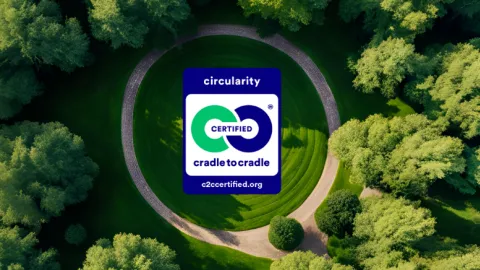News European Union
Please note that you have to be a registered member with paid membership in order to see full articles.
Become a MemberSelected News
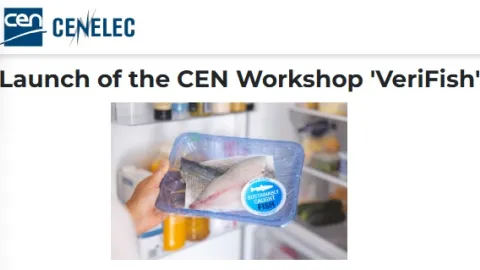
CEN Launches VeriFish Workshop to Improve Communication on Seafood Sustainability
CEN has launched a new Workshop called VeriFish to help organizations communicate more clearly about how seafood is produced and why it is sustainable.
Slovenia Invites Experts to Shape Four New International Standards
The Slovenian Institute for Standardization (SIST) is inviting Slovenian professionals to contribute to the development of four new international and European standards in the fields of safety, digital product data, and sports equipment.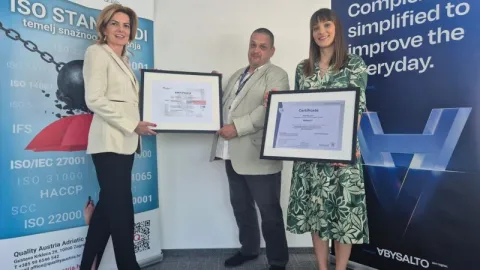
Abysalto Successfully Recertified to Six ISO Standards
Abysalto, , a Croatia-based provider of IT services and consulting, has successfully renewed its certifications for six ISO standards, confirming its ongoing commitment to quality, environmental responsibility, information security, and records management.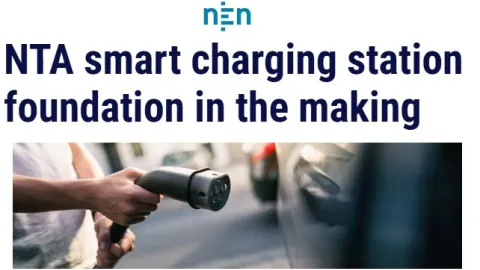
Netherlands Developing Universal Foundation for Faster, Smarter EV Charging Stations
A new Dutch Technical Agreement (NTA) is currently being developed to standardize the foundation of electric vehicle (EV) charging stations,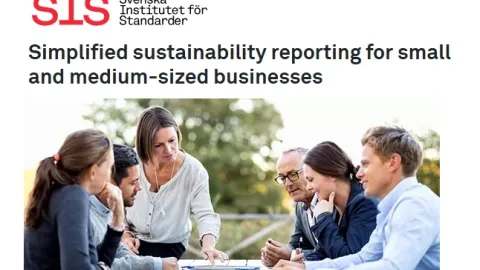
Simplified Sustainability Reporting Now Available for Sweden’s Small Enterprises
Sweden has introduced a new self-declaration to make sustainability reporting easier for small and medium-sized enterprises (SMEs).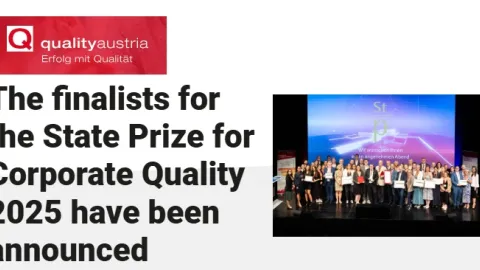
Eight Finalists Named for Austria’s 2025 State Prize for Corporate Quality
Austria has announced the eight finalists for the 2025 State Prize for Corporate Quality.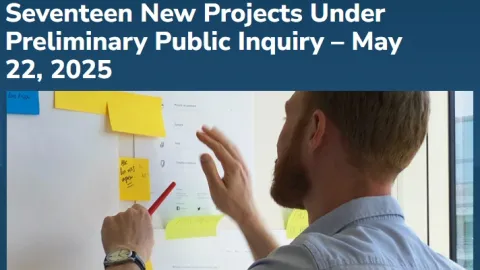
Italy Opens Preliminary Inquiry for Seventeen Standards on Safety, Sustainability, and Emerging Needs
The Italian national standardization body UNI has launched a preliminary public inquiry for 17 proposed standards, open from May 8 to May 22, 2025.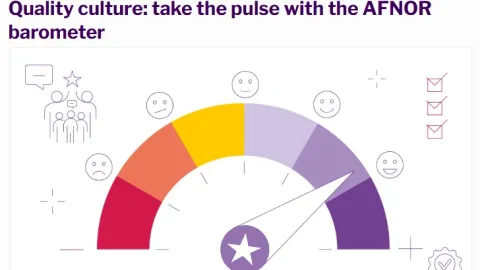
AFNOR Launches New Tool to Measure Quality Culture in Organizations
The AFNOR Group has introduced a new tool—the Quality Culture Barometer—designed to help organizations assess employee engagement and alignment with their internal quality culture.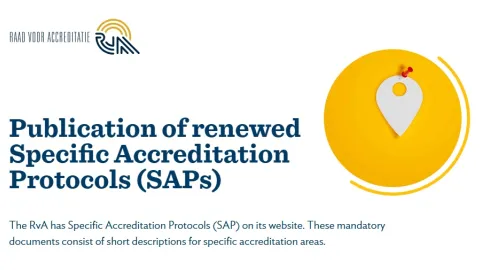
RvA Begins Publishing Updated Accreditation Protocols
The Dutch Accreditation Council (RvA) has started releasing revised versions of its Specific Accreditation Protocols (SAPs), which provide required practical guidance for particular accreditation areas.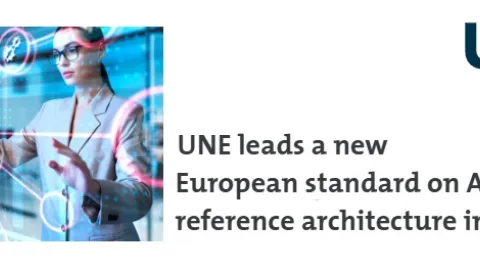
UNE Leads Creation of European Guide for Applying AI in Process Industries
The Spanish Association for Standardization (UNE) has led the development of CWA 18211:2025, a new European guide that explains how to apply artificial intelligence (AI) in process industries.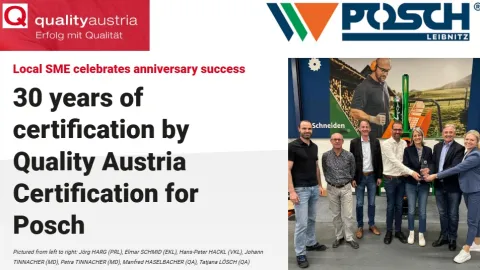
POSCH Celebrates Three Decades of Certification with Quality Austria
POSCH, a medium-sized machinery company from southern Austria, is celebrating 30 years of certification by Quality Austria Certification.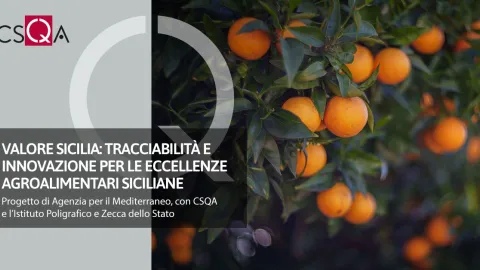
Valore Sicilia Project Boosts Agri-Food Transparency Through Blockchain and Certification
The Agency for the Mediterranean has launched the Valore Sicilia project to improve traceability and promote the origin and quality of Sicilian agri-food products.Global News

IFS Wholesale and Cash & Carry Version 3 Launching in November with Major Updates
IFS has announced the upcoming release of IFS Wholesale and Cash & Carry version 3, aimed at enhancing safety and quality for wholesalers, cash & carry businesses, and packaging companies.
AFNOR Spec: New Standard for Simplifying Digital App Development with "Low-Code/No-Code"
The Syndicat Français des Professionnels du NoCode (SFPN), backed by AFNOR, has launched AFNOR Spec, a new technical document dedicated to "Low Code and No Code" (LCNC) technology.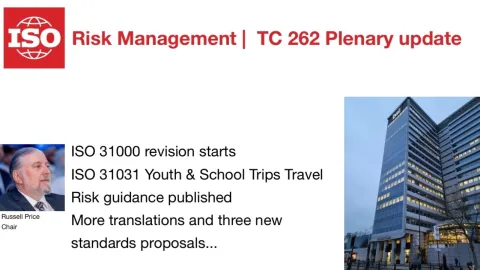
ISO Committee for Risk Management Reports Progress on ISO 31000 Revision at London Plenary
The ISO Technical Committee 262 (TC262) for Risk Management recently convened in London.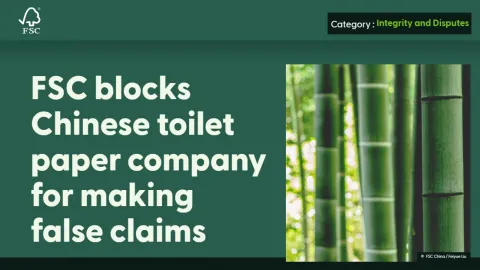
Chinese Toilet Paper Supplier "Join Bums" Loses FSC Certification Over False Bamboo Claims
The Forest Stewardship Council (FSC) has suspended the certification of "Join Bums" for falsely claiming that its bamboo toilet paper rolls were FSC 100% certified.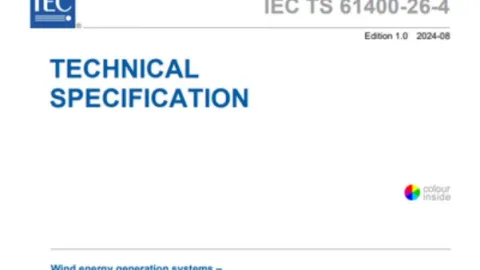
New IEC Technical Specification Enhances Reliability Metrics for Wind Power Systems
The IEC TS 61400-26-4:2024 technical specification, “Wind Power Generation System Part 26-4: Reliability of Wind Power Generation System,” has been released,
FSC Opens Consultations on Certification Body Requirements for Forest Management and Chain of Custody
The Forest Stewardship Council (FSC) has launched a public consultation on updates to certification body requirements,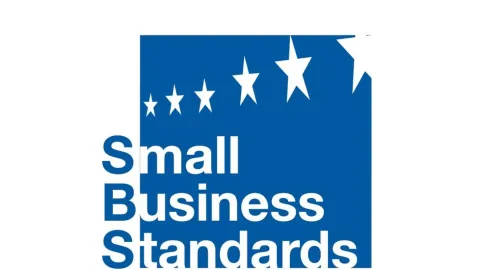
New Guide 17 Video Released to Boost SME Involvement in Standardization
CEN and CENELEC, in collaboration with Small Business Standards (SBS), have released a video to promote Guide 17, which addresses challenges SMEs (small and medium-sized enterprises) face in standard development.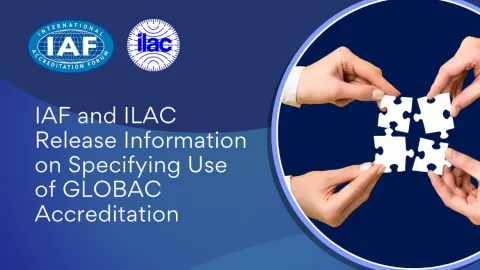
Transition to GLOBAC: IAF and ILAC Set January 2026 for Unified Global Accreditation
IAF and ILAC have confirmed the unification of global accreditation under GLOBAC, with operations set to begin in January 2026.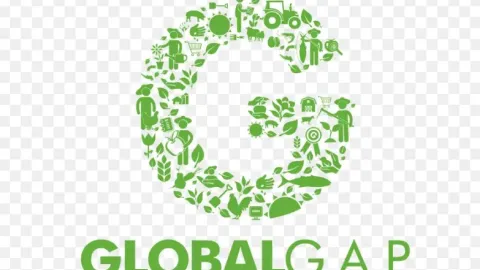
GFSI Clarifies: SMART Version 6.0 of IFA Aquaculture Principles Not Recognized Due to Remote Audits
The Global Food Safety Initiative (GFSI) stated that it does not recognize GLOBALG.A.P’s IFA Principles and Criteria for Aquaculture – version 6.0.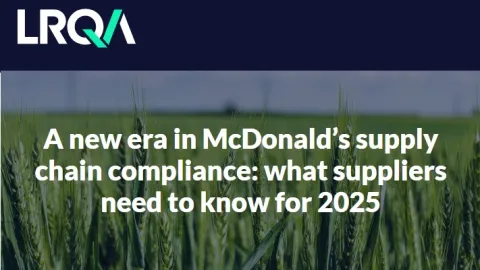
McDonald’s Tightens Standards with New Code of Conduct, Imposes SMETA 7.0 on Suppliers
McDonald's is introducing a new Code of Conduct to elevate ethical and compliance standards across its operations, while also enforcing the stricter Sedex SMETA 7.0 protocol for its suppliers.
Safer Airspace: CEN Releases CWA 18150:2024 to Address Drone Misuse in Sensitive Areas
The new CWA 18150:2024 standard by CEN introduces a unified testing methodology for detecting, tracking, and identifying drones,